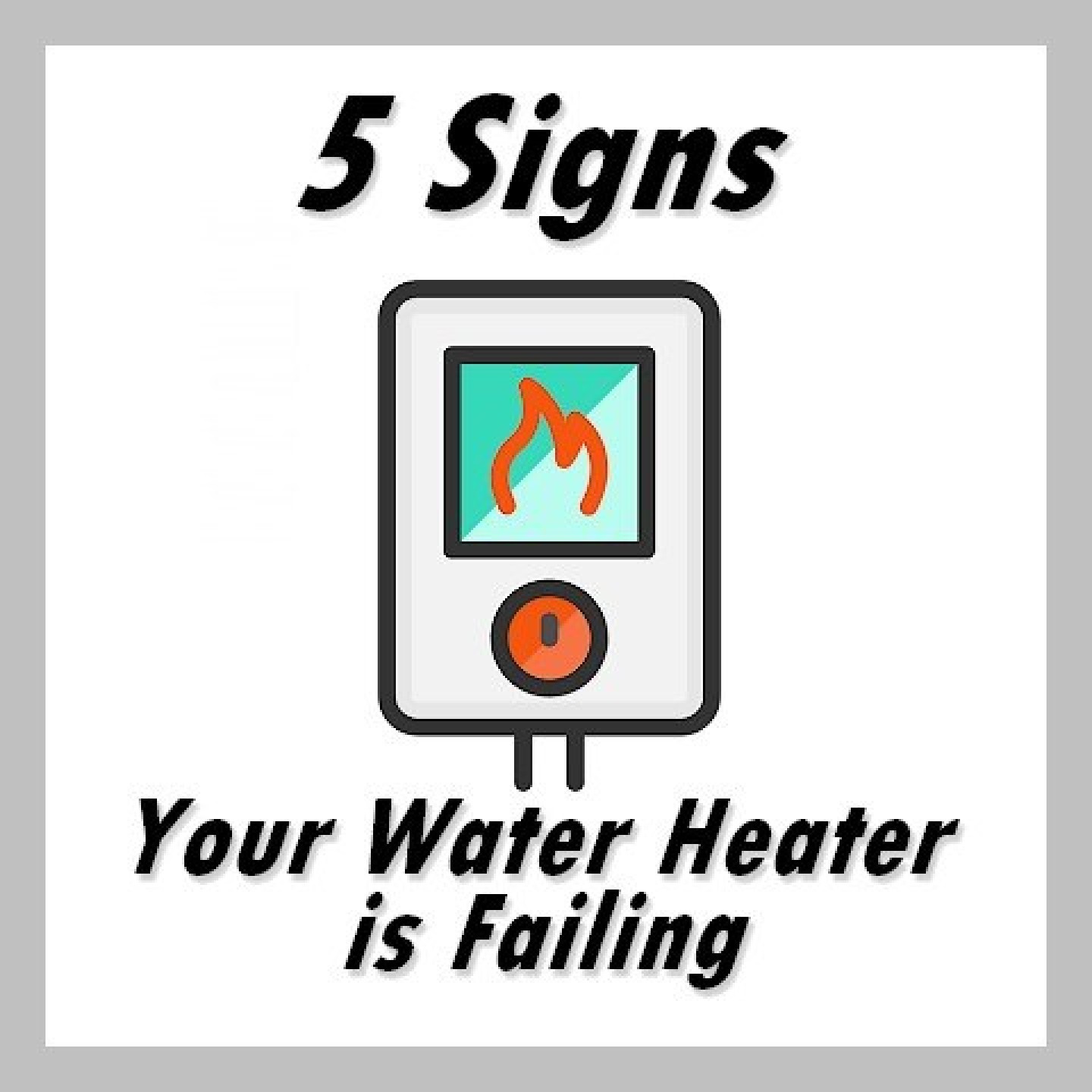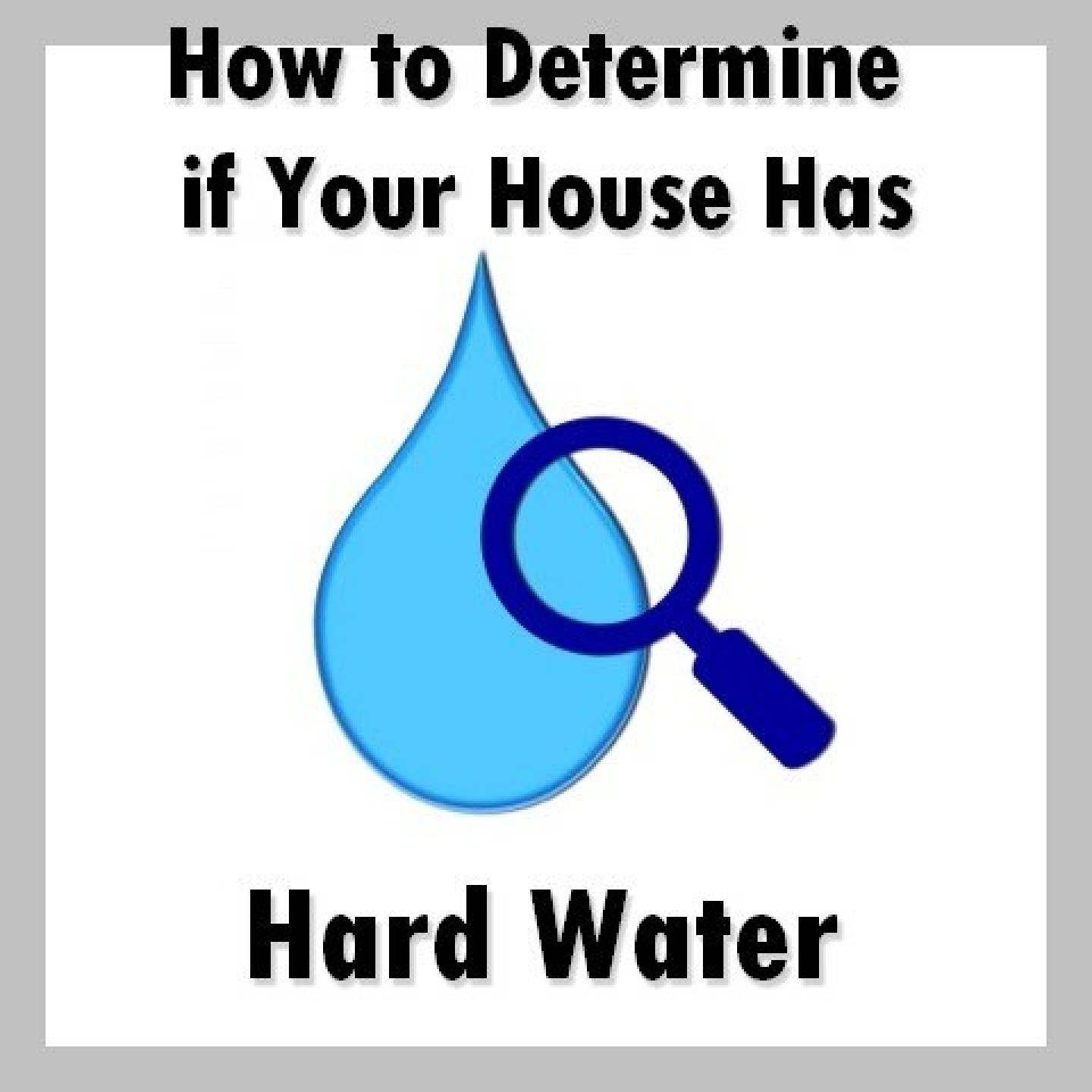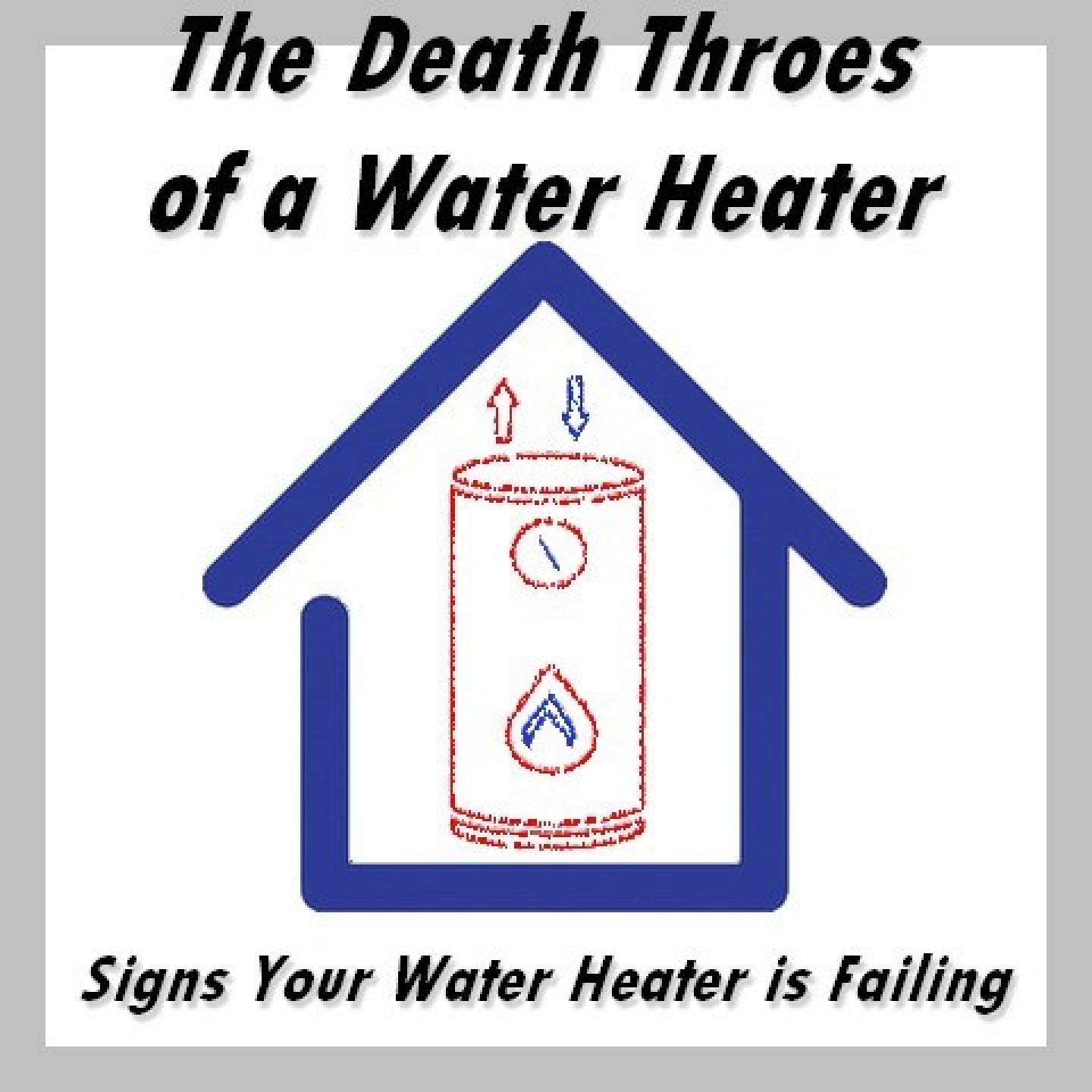Jersey Plumbing Offers Quality Water Heater Repair & Replacement Services
As long as the hot water is flowing, your water heater is usually an unsung hero of the household. When the hot water isn’t so hot, however we tend to remember why we love our water heaters so much. If you’ve been neglecting your relationship with your water heater, it may be time to check for signs of failure.
If you catch these Water Heater Problems early, you may prevent the need for a replacement.
1. Dirty Water
Water that is pouring out rusty, metallic, or with sand or debris is likely a sign of failure.
2. Noises
Hearing pops or crackling noises coming from the water heater is a sign that the sediment at the bottom of the tank has hardened. This causes the water heater to work overtime, erroding the efficiency of the water heater and eventually leading to failure if left undrained.
3. Water Temperature
Obviously, the purpose of the water heater is to heat. If you notice a drop or loss of hot water, that's a big red flag for your water heater.
4. Leaks
When there is water leaking from the water heater it is time to replace it.
5. Age
Hopefully, you have kept records of when you purchased significant units for your home including the boiler, water heater, furnace, etc. While nothing lasts forever, water heaters last between 8 to 12 years. The age of the unit can be identified using the serial number as well.
When it’s time to replace your water heater, there are a variety of options and reliable brands available. Read more about water heater replacement options here. Remember to check on your water heater once every season or so. Always listen for sounds that shouldn’t be there. The water heater should be serviced yearly to prevent sediment from collecting at the bottom of the tank.



Recent Comments